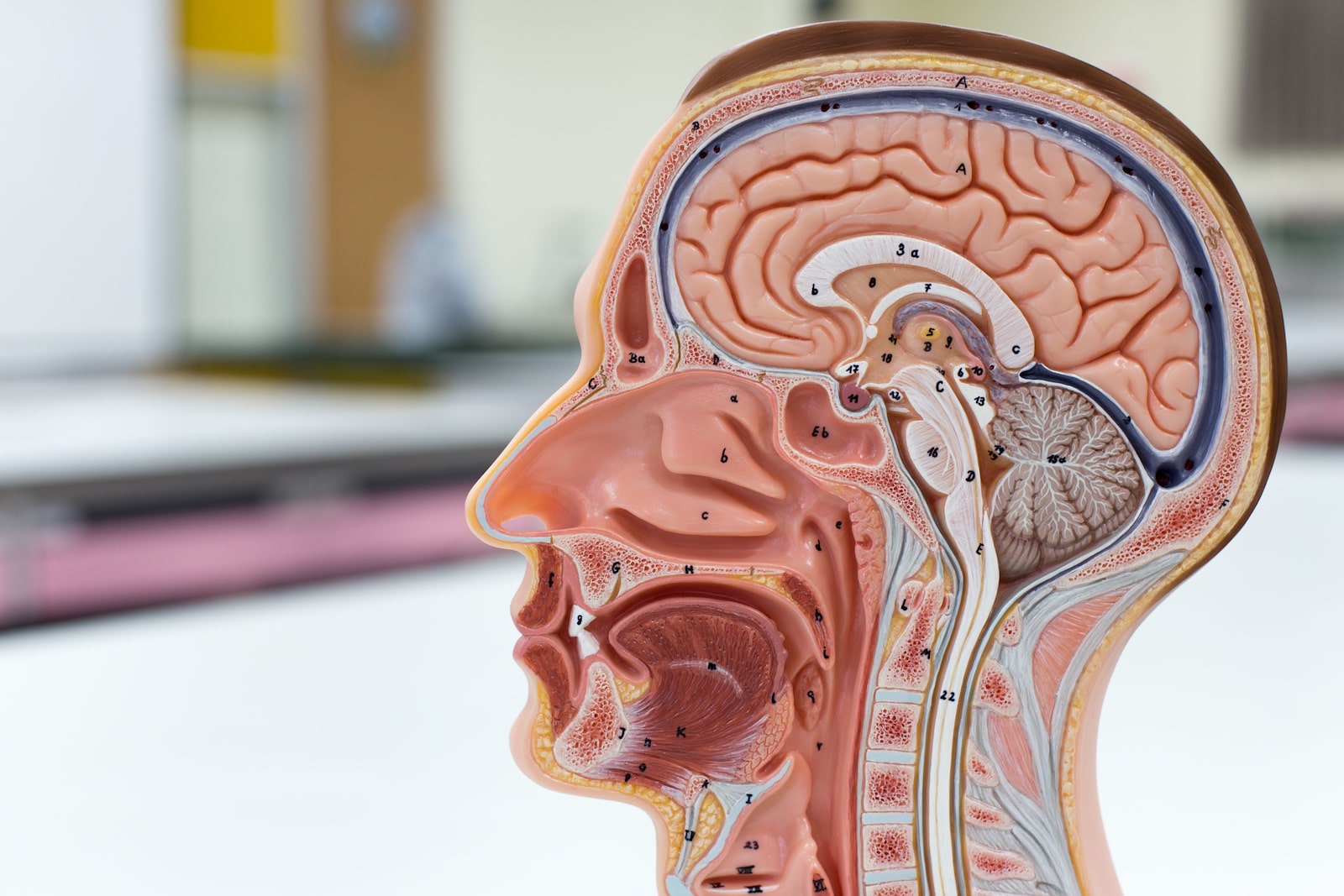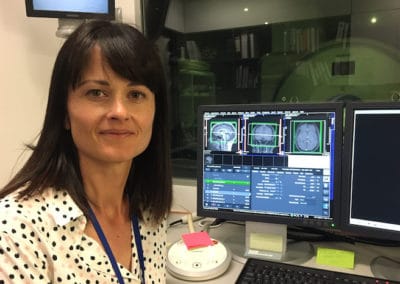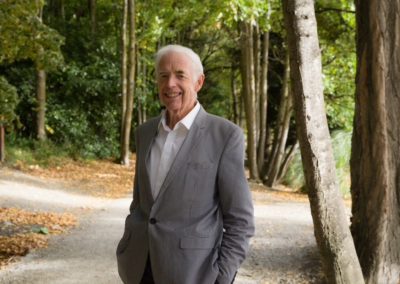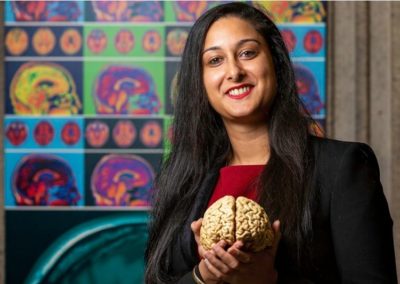In its latest funding round, the Health Research Council (HRC) awarded almost $9m in funding to researchers from Brain Research New Zealand. Among the funded projects are a new approach to rehabilitation after stroke, using novel brain biomarkers to predict cognitive health, a population-based study of TBI, and a programme to measure and reduce stroke burden in New Zealand.
The successful projects are:
2020 HRC Project Grants
Professor Winston Byblow, The University of Auckland: Enhancing Spontaneous Recovery after Stroke Study (ESPRESSo)
48 months, $1,421,459
Stroke is the second leading cause of death and the third leading cause of disability among adults worldwide. Motor impairment is common after stroke, affecting around 80% of patients and recovery of movement is crucial to regaining independence. However, all major trials of movement rehabilitation interventions since 2011 have been negative. There is a great need to develop new approaches for rehabilitation of the upper limb after stroke. Our position is that stroke rehabilitation research needs to be different in order to make a difference, with greater contrast between experimental interventions and standard care, and principled selection of trial participants using biomarkers. We propose to conduct a Phase IIa trial to achieve both of these things.
Professor John Dalrymple-Alford, University of Canterbury: Brain biomarkers for future cognitive health in Parkinson’s disease
48 months, $1,189,160
Parkinson’s disease (PD) is more than a motor disorder. Most patients develop cognitive impairments; this decline often progresses to dementia. There are no reliable predictors for future cognitive health in individual PD patients. Leveraging long-term and ongoing work at our institute, our study will bring together three highly novel brain biomarkers to predict cognitive health three years later. We will use (1) a new generation of signal processing that enables electro-encephalography measures during resting state (non-task) to describe the directional connectivity of fast electrical rhythmic activity across different cortical regions in the brain. (2) Structural MRI will establish the integrity of the cortex at the networked-defined regions of interest. (3) Diffusion imaging will interrogate the integrity of cholinergic brain pathways that normally provide a pivotal modulation of healthy cortical function. If successful, this work will provide an accurate prognosis of cognition in the immediate future for individual patients.
Dr Kelly Jones, Auckland University of Technology: BIONIC2: TBI incidence, causes, costs over time and service access in New Zealand
36 months, $1,192,610
Traumatic brain injury (TBI) is a leading cause of disability worldwide that can significantly impact the lives of those affected and their family/whānau. Recent evidence suggests that the number of people sustaining some types of TBI may be changing over time. Using proven methods, a new population-based study of TBI will confirm the current nature of TBI in New Zealand. This information will be compared to similar population data from 2010-2011 to determine the true extent of any changes in TBI over time. An additional focus will be on improving understanding of the limited access to initial TBI healthcare services that we observed in our prior research. Findings will help to make sure that TBI guidelines and services align with the true nature of TBI in New Zealand, and that services become more accessible and equitable for all New Zealanders to improve outcomes and reduce the national burden of TBI.
Prof Paul Smith, University of Otago: Galvanic vestibular stimulation as a treatment for neurological disorders
36 months, $1,188,357
Galvanic vestibular stimulation (GVS) is a method of non-invasive electrical stimulation of the peripheral vestibular system (the balance system in the inner ear) that is used to test vestibular reflexes. A variant of this, known as ‘noisy GVS’ (nGVS), has been reported to be useful in the treatment of various neurological and psychiatric diseases. However, how nGVS acts on the brain is unknown. The aim of this project is to systematically investigate the effects of nGVS in animals and identify the underlying mechanisms. Since recent studies have suggested that nGVS may be useful in the treatment of Parkinson’s disease (PD), this project will focus on its effects on a part of the brain that malfunctions in this disease (the striatum). The results of the study will provide a clearer understanding of how nGVS could be harnessed for the treatment of PD and other neurological disorders.
2020 HRC Programme Grant
Professor Valery Feigin, Auckland University of Technology: Measuring and reducing stroke burden in New Zealand
60 months, $4,996,868
Recent changes in stroke and transient ischemic attack (TIA) treatment and management, require new studies to capture their impact on outcomes such as death, disability, costs and carer burden. This Programme aims to provide robust evidence of the burden of stroke/TIA using an ideal population-based approach; investigate pathways by which people reach hospital after stroke/TIA, such as using the ambulance or going to their GP, and how this affects their treatment and outcomes; link data with NZ Statistics to assess the effect of socioeconomic deprivation on stroke/TIA and estimate the burden of stroke for New Zealand by age, gender and ethnicity. Finally, as strokes are highly preventable, we will conduct a randomised controlled trial to test the effect of a psychological intervention known as health and wellness coaching, for the prevention of stroke after TIA and minor stroke. Programme findings will form a robust evidence platform for reducing stroke burden.



